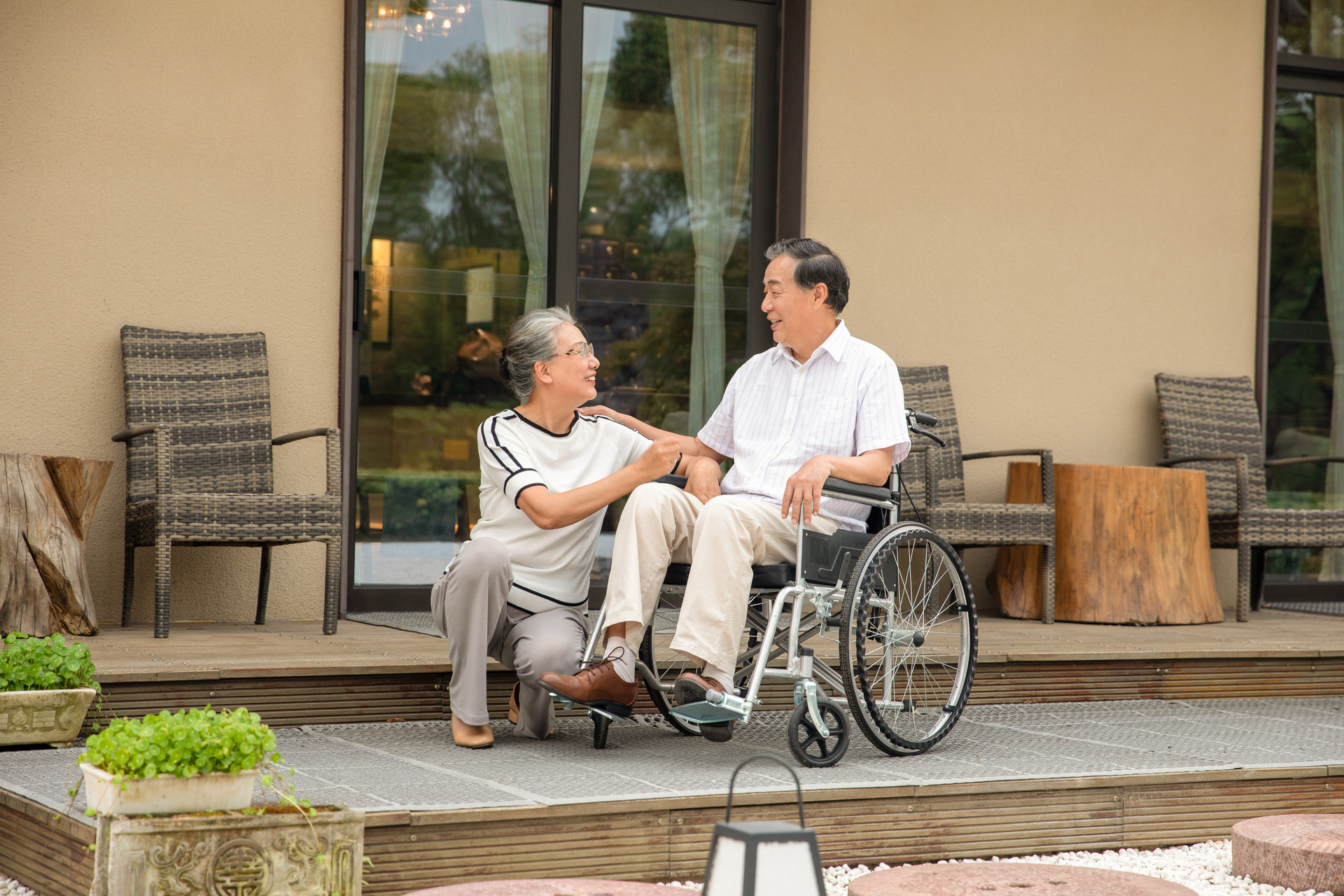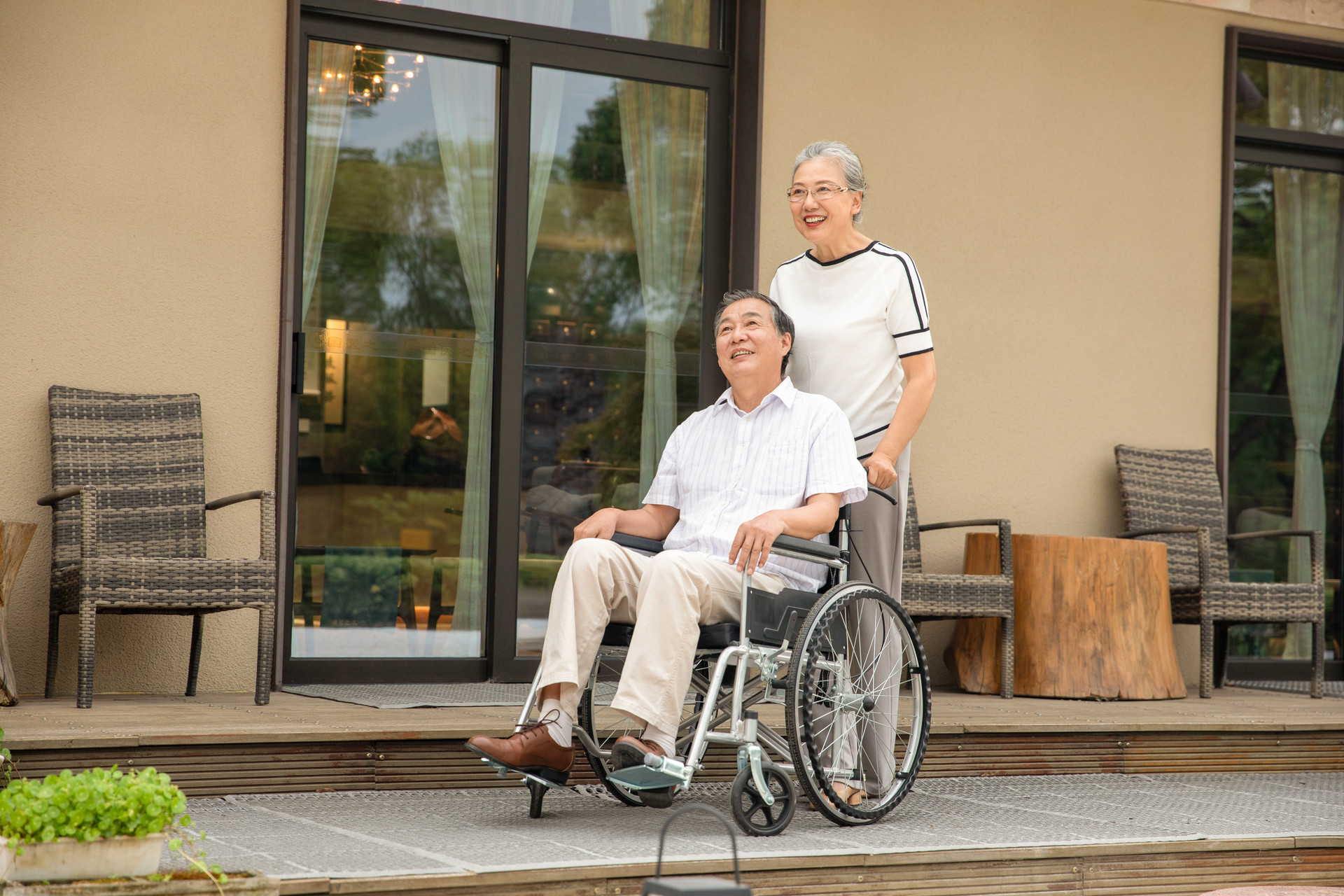There are many aspects to elderly health, especially mental health, which can be difficult for the elderly to remember. To address this, health experts have proposed the concept of "one two three four five," which consists of five key elements that are easy to remember and implement.
One central focus: Health should be the central focus, especially after retirement. Prioritizing physical well-being is essential, even if one continues to work part-time or pursue other interests after retirement. By making health the central focus, one can prevent potential health issues and avoid rushing to seek medical attention.
Two basic points: One should be a little more carefree when spending money and a little more indifferent to trivial matters. Anything that benefits physical and mental health should be pursued and purchased without hesitation. As for trivial matters, it is better not to take them too seriously and adopt an attitude of nonchalance. Many elderly people hang a four-character phrase from the Qing Dynasty philosopher Zheng Banqiao, "nán dé hú tu," which means "difficult to be exact," as a reminder not to take things too seriously!
Three things to forget: First, forget about age and maintain a youthful mindset. As the saying goes, "At 60 years old, have the mindset of a 30-year-old." Second, forget about illnesses. While it is important to take illnesses seriously, they should not become a psychological burden. Third, forget about past honors. Past accomplishments and accolades can become burdensome. Dwelling too much on past glory will only weigh one down and be detrimental to one's health.
Four "old" things: Elderly people should have an old partner, old savings, old friends, and an old nest. Spouses should show more care for each other, as lonely elderly individuals tend to age faster. Money should not be entirely given to children and grandchildren; some should be set aside for personal use. Having old friends to chat and spend time with provides mental comfort. A proper living space with good air circulation and ample sunlight is essential for one's well-being.
Five "must-dos": First, forget about social status. After retirement, one should not cling to past titles and behave in an artificial manner. Second, dress well. Even elderly individuals should take care of their appearance and dress in a way that reflects their vitality. Third, smile frequently and cast away worries. Fourth, engage in physical activity and take regular walks. Fifth, engage in conversations with family and friends, as it is beneficial for preventing and treating dementia in old age.










